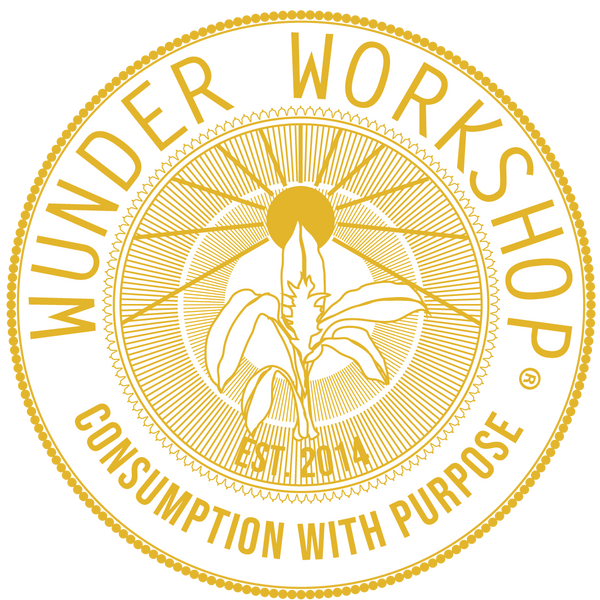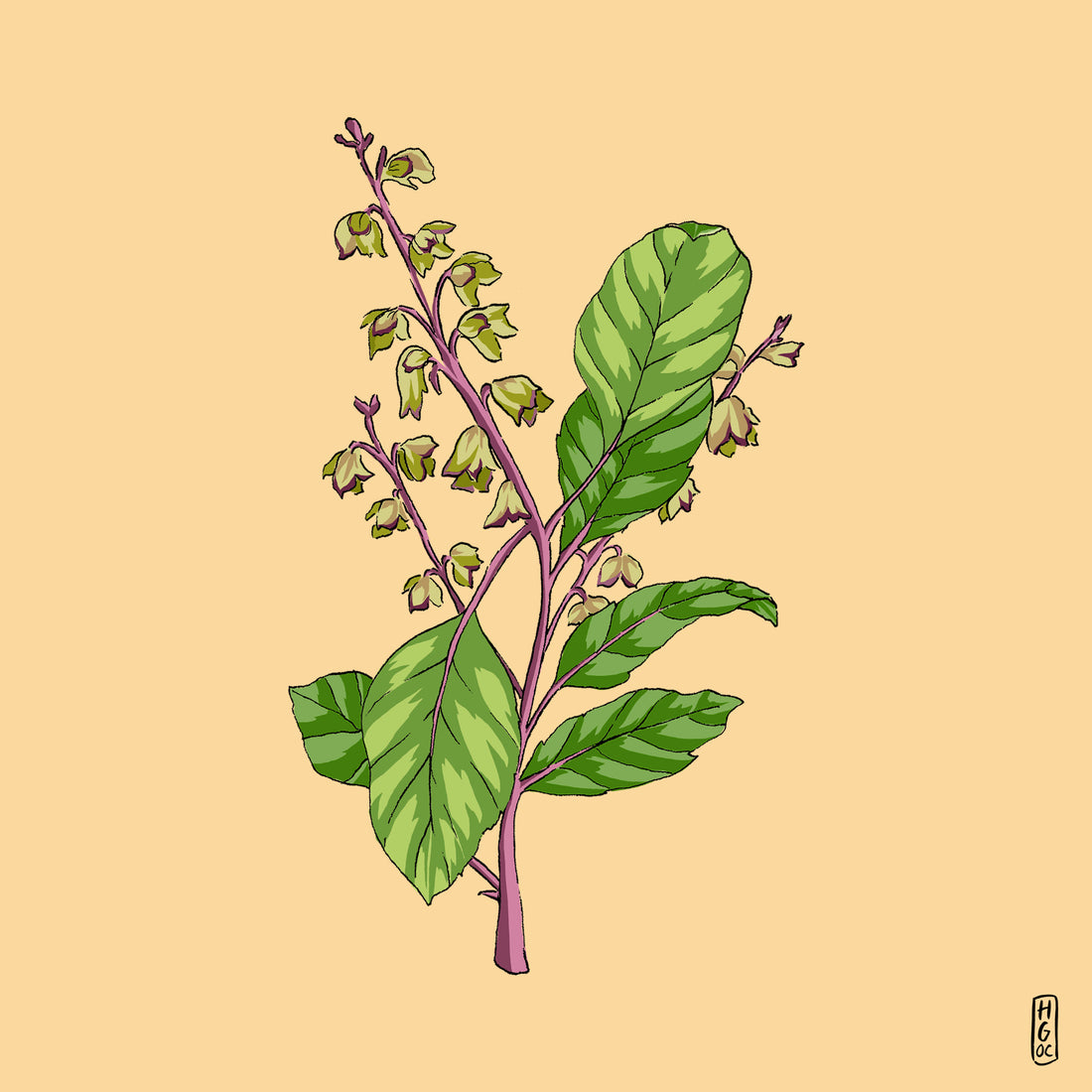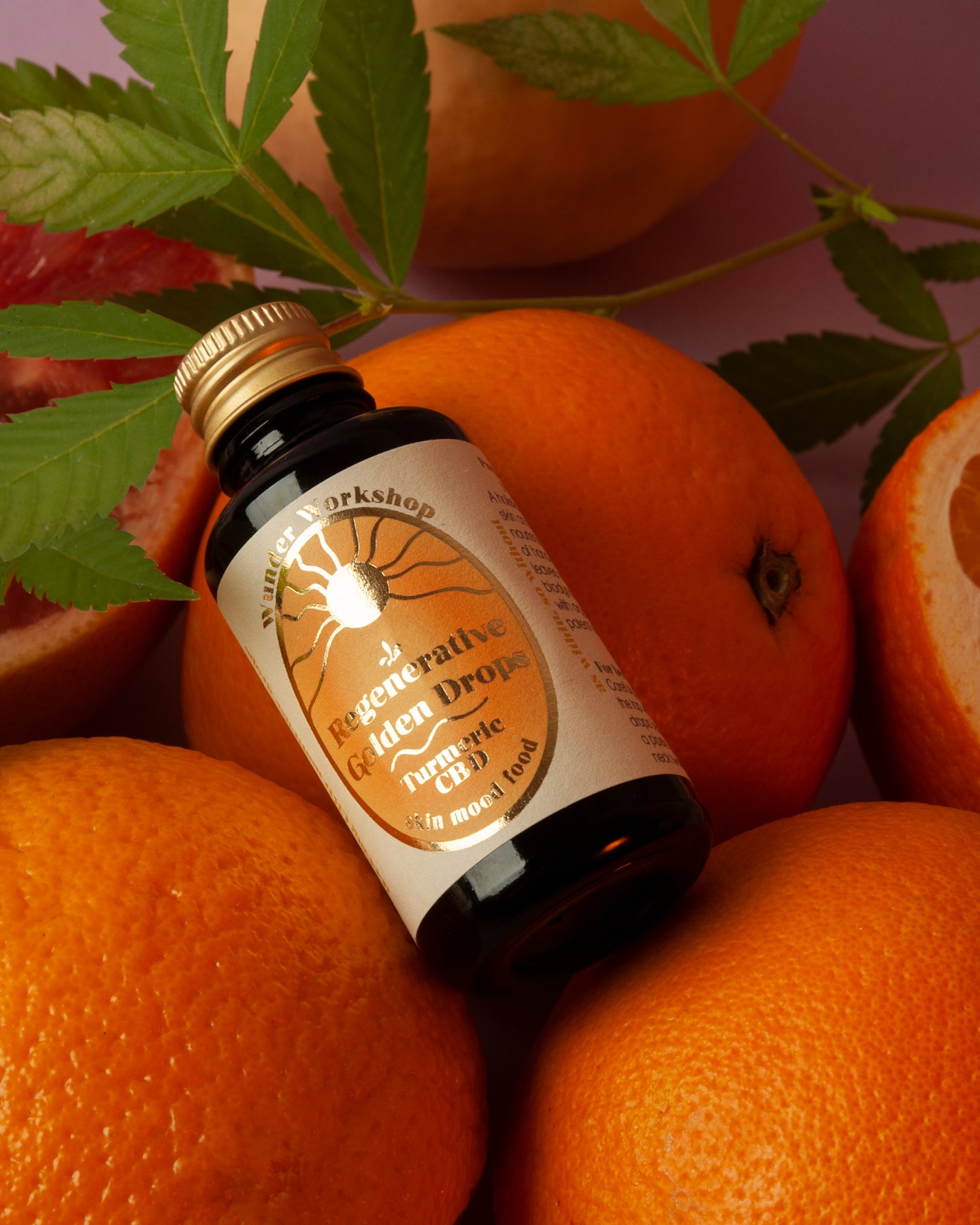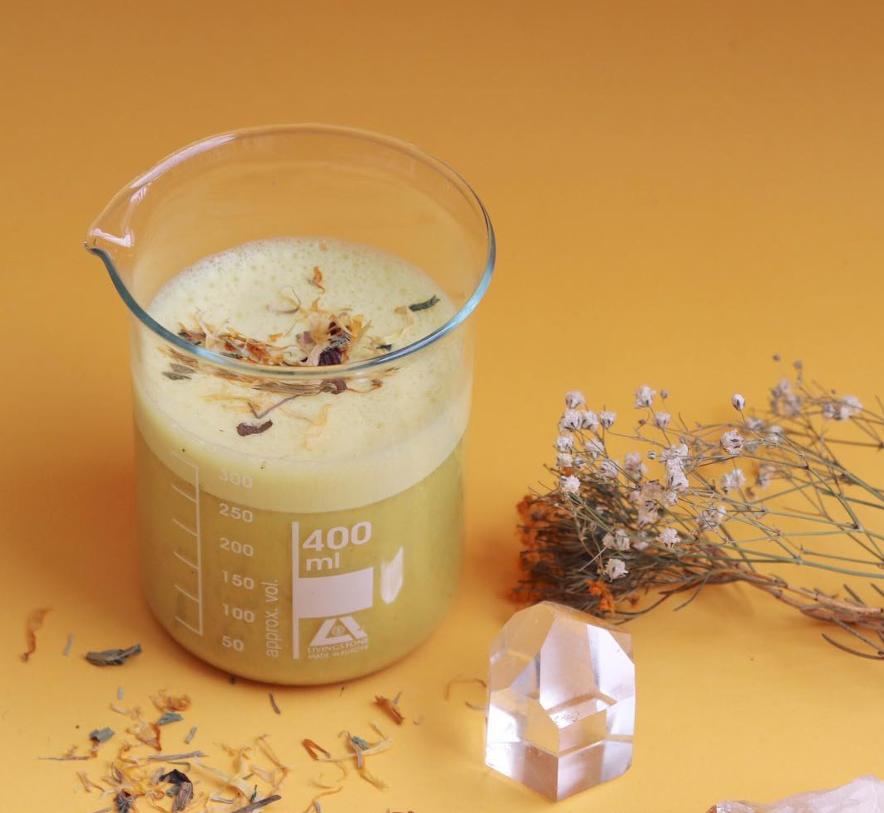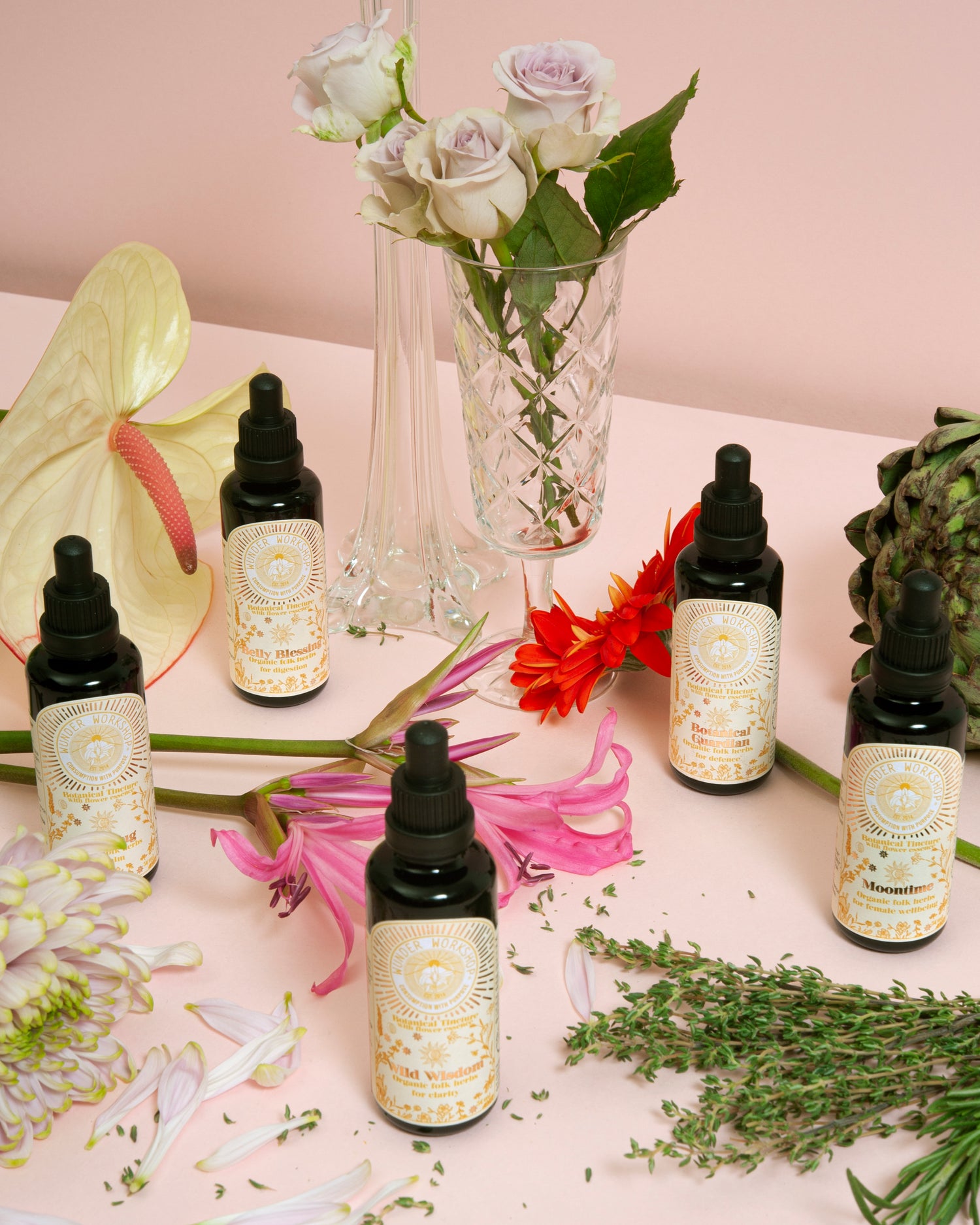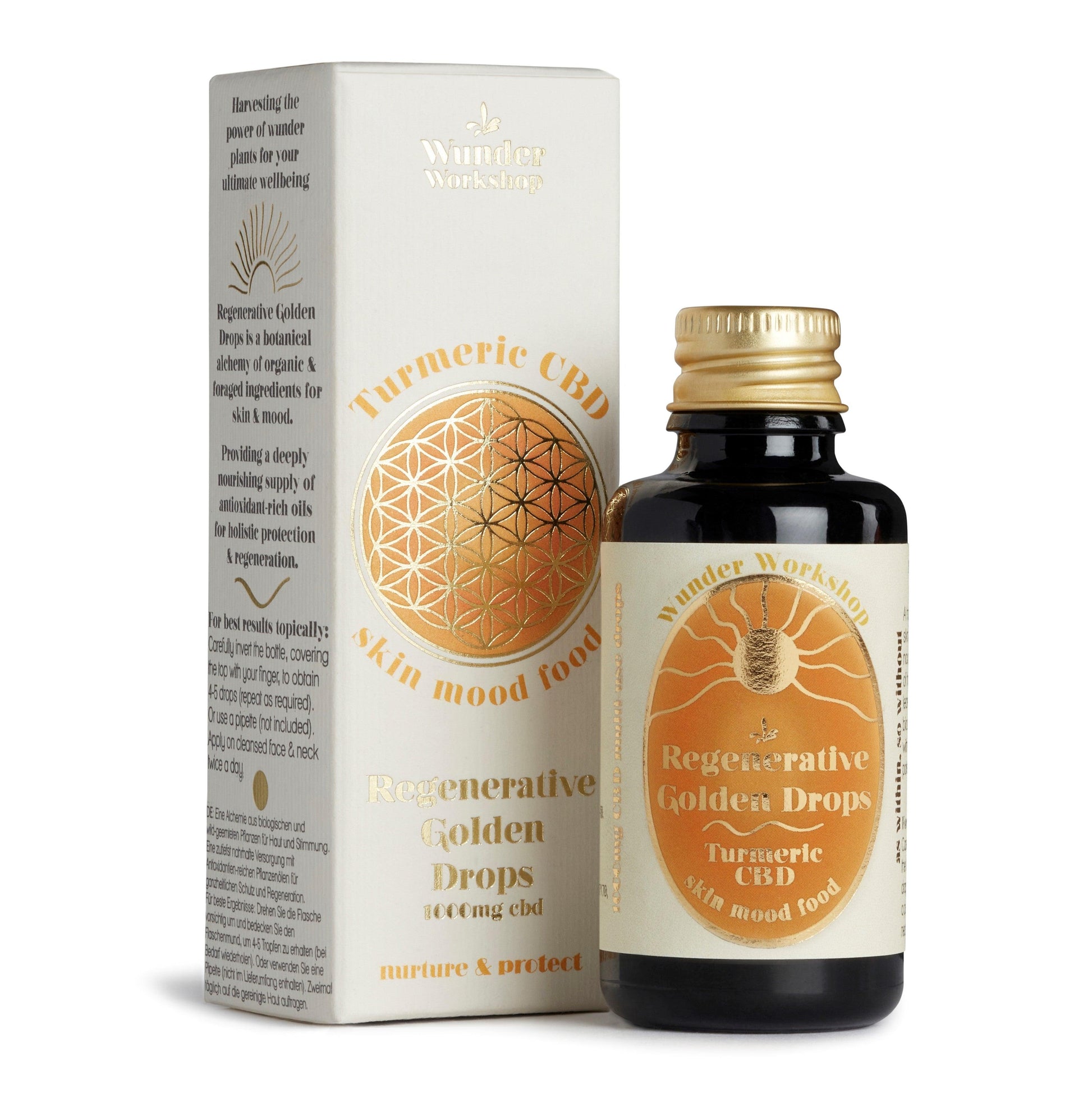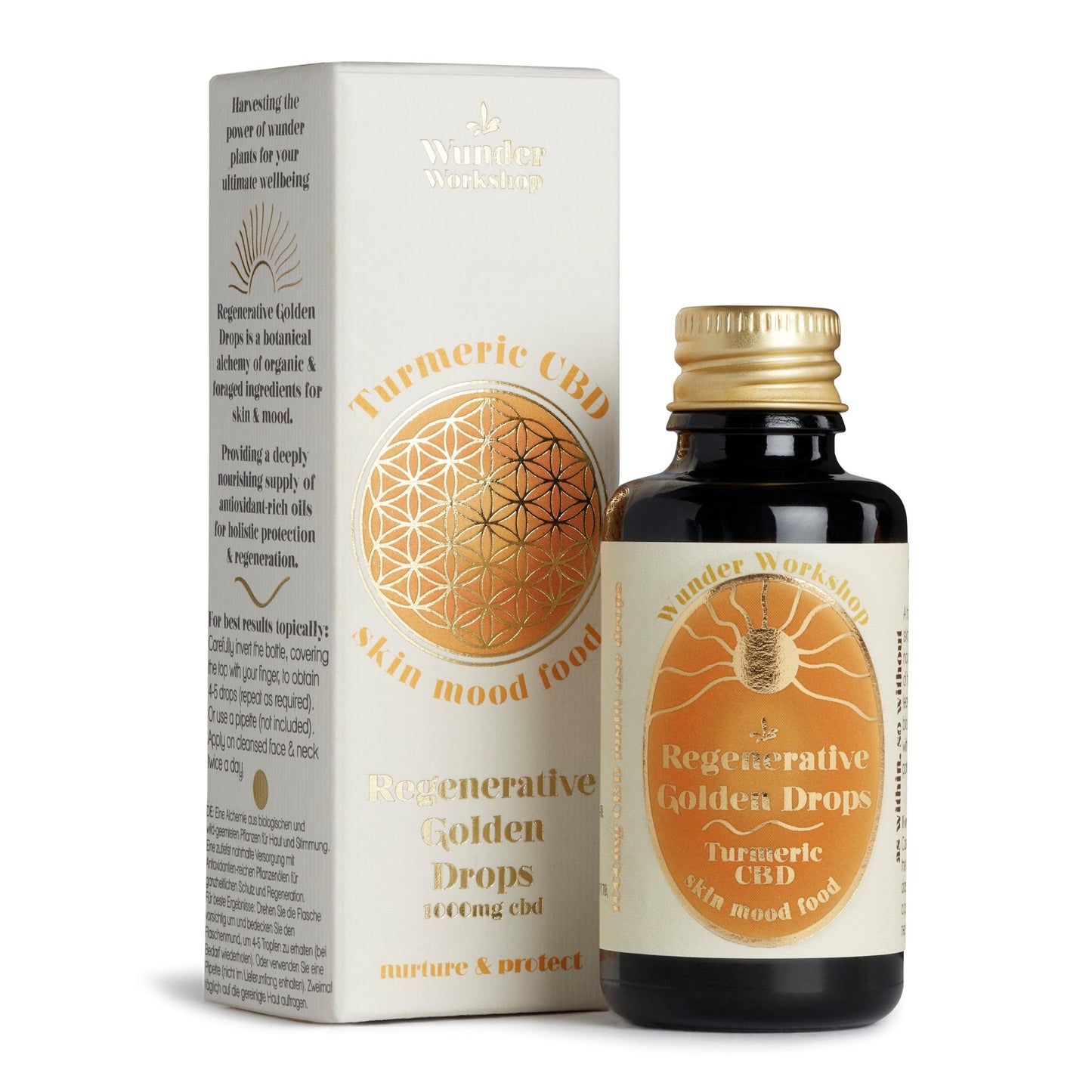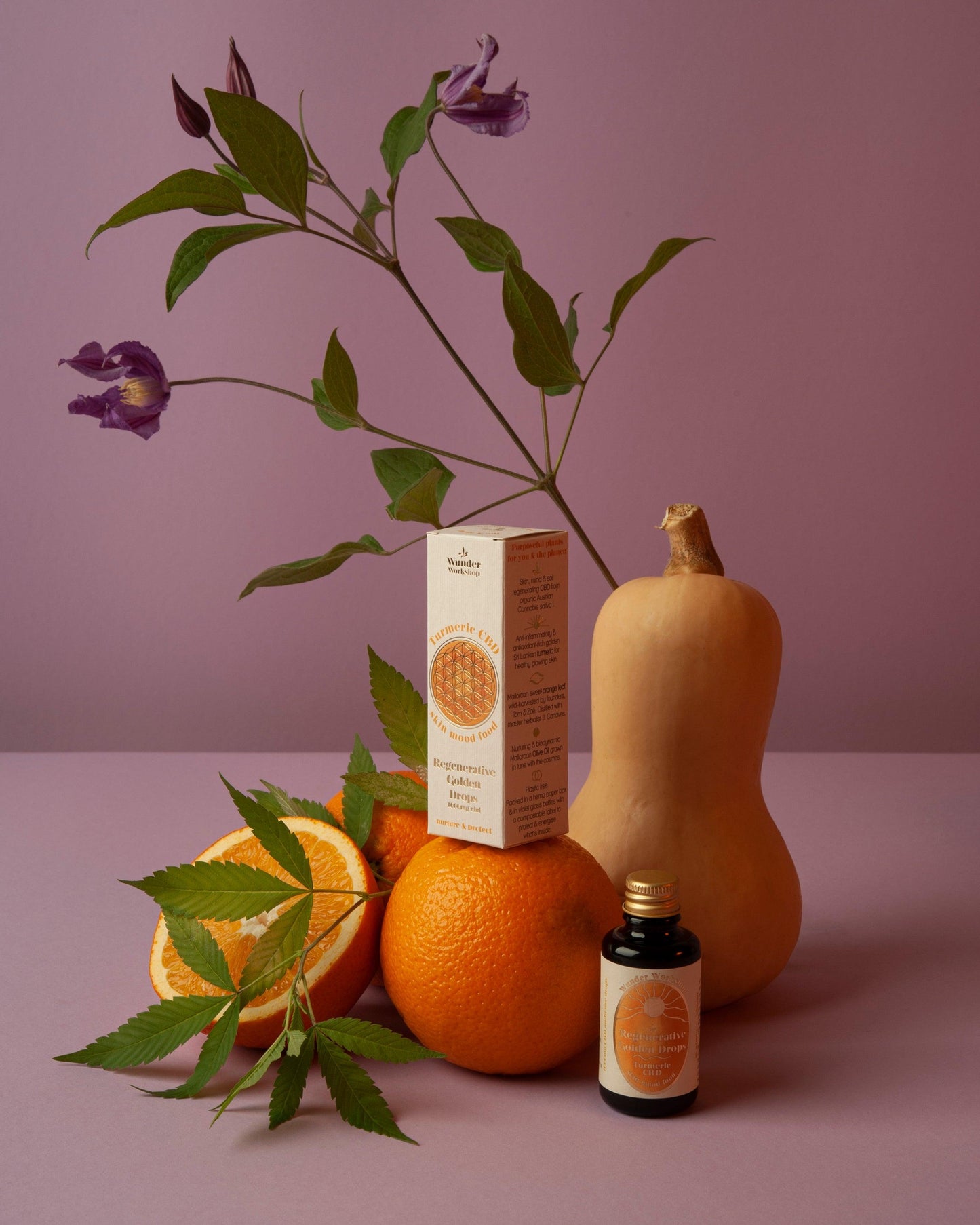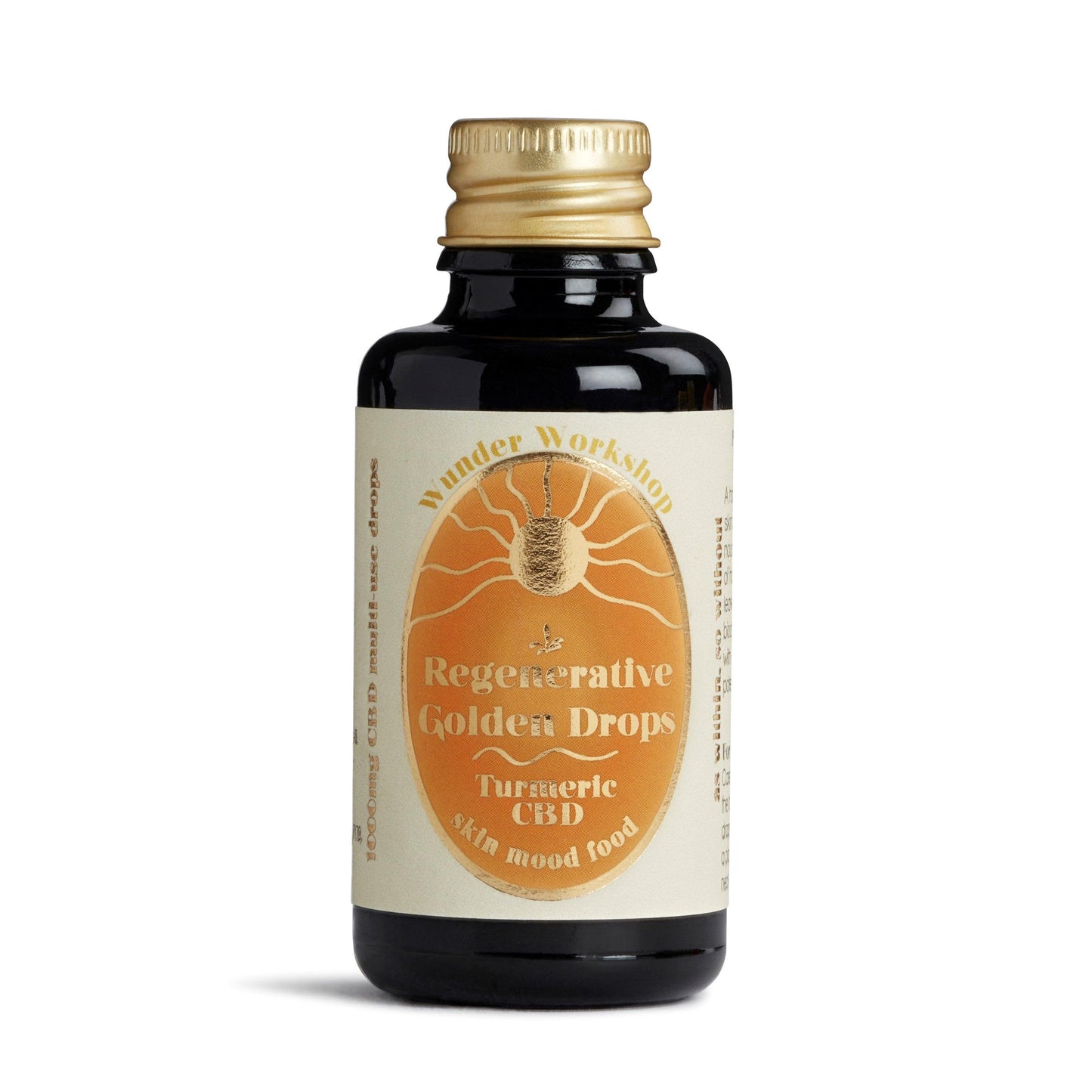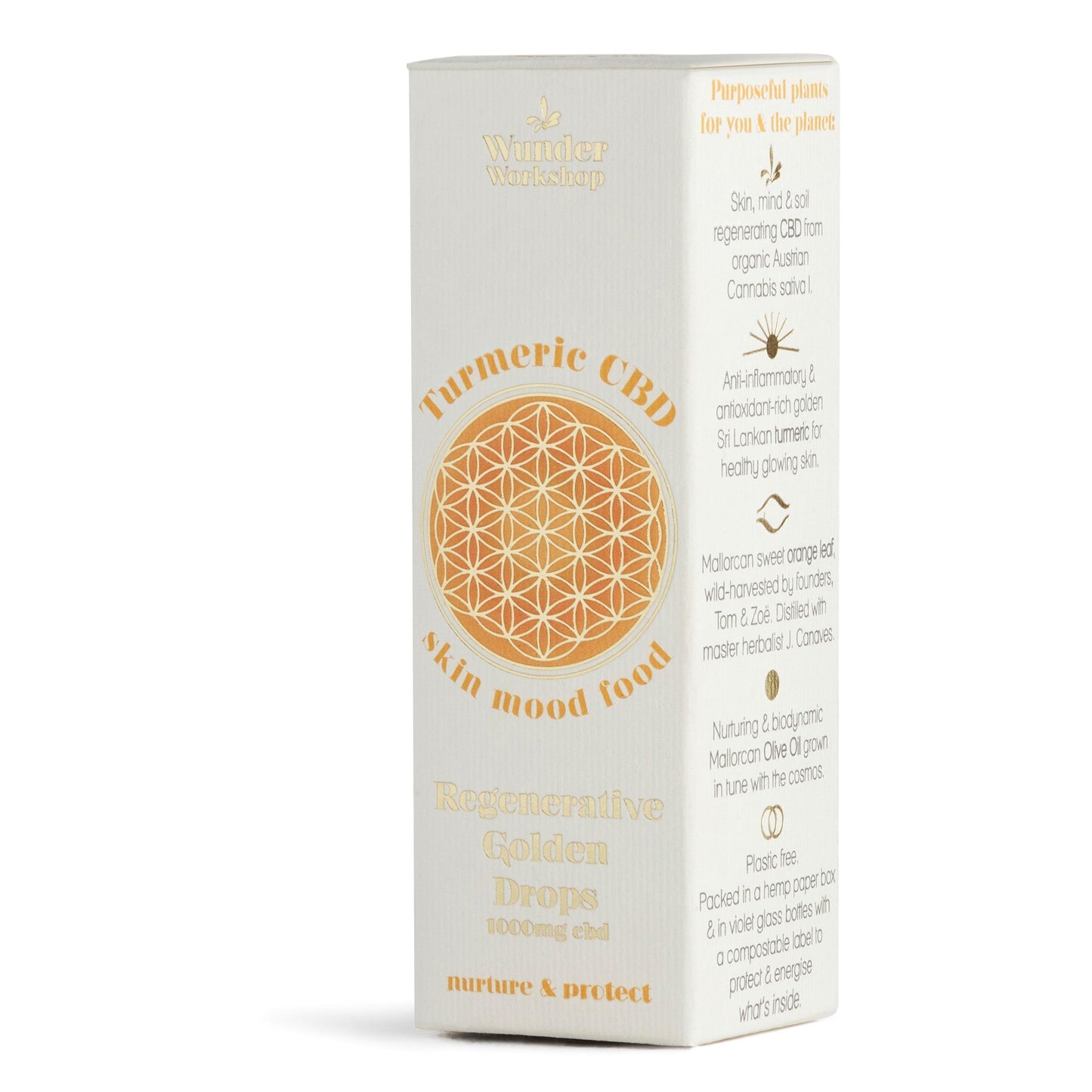
“Life is not about how fast you run, or how high you climb; but how well you bounce” Vivian Komori
Tulsi, found in our Golden Spirit Tea, is known as a Rasayana in Ayurveda meaning rejuvenator and it is also a sacred plant, which is where its common name Holy Basil comes from. Tulsi is perhaps more commonly known for its uplifting nature, to both the mind and body, so that it not only benefits foggy slow lethargic minds but also anxious, depressed or stressed ones too. It is classified as an adaptogen in western herbal medicine, which is a class of herbs that increase the bodies resilience towards stress. Stress can be mental, emotional, physical or environmental and it is the latter type of stress that Tulsi is best known for.
Environmental stressors are what I classify as the burden of toxicity that we are exposed to as part of our everyday lives. These toxins lie in our food, cleaning products, personal care products, gardens, buildings.... the list is endless. New born babies, young children and women of reproductive age have been frequently found to have a cocktail of harmful toxins from our environment in their blood and tissues. These toxins range from pesticides in food, plastics, cosmetics and fragrances to heavy metals, brominated flame-retardants, parabens and bisphenol A. While we are able to reduce our toxic exposure, and I have written a little list of my top tips below, many of the toxins we are exposed to are out of our control. Therefore, it is imperative that we build resilience, the ability to thrive in the face of adverse circumstances. The quote above perfectly articulates what resilience means to me, as the constant rollercoaster of life does dive down deep sometimes, often for reasons beyond our control, and so it is our ability to bounce back, our inner resilience which is so important. With studies showing that over 200 chemicals are present in our veins when we arrive on this planet, this threat is significant and so the beauty of herbs like tulsi, with pharmacological actions that promote resilience, becomes ever more important (Lantz & McIntosh, 2016).
The ability of tulsi to protect against the damaging effects of various toxicants has been documented in numerous experimental studies. In addition to protecting against toxic chemicals, tulsi has also been shown to protect against the toxic effects of heavy metals such as lead, arsenic and mercury and the toxic effects of radiation. This action has been attributed to the high content of phenolic compounds in tulsi. It also has an important anti-oxidant activity which increases levels of glutathione in the body and enhances the activity of anti-oxidant enzymes such as superoxide dismutase and catalase which protect cells and mop up damaging free radicals and other toxic agents. Not only does tulsi protect us against the damage caused by toxic compounds but it also boosts the body's ability to deactivate them and safely eliminate them through its action on liver detoxification enzymes.
Modern-day scientific research into tulsi provides a testament to the wisdom inherent in Ayurveda, which celebrates tulsi as a plant that can be worshipped, ingested, made into tea (see our Golden Spirit Tea) and used for medicinal purposes within daily life.
6 tips for reducing your toxic exposure:
- Eat real food, ideally organic, unprocessed food and avoid canned foods- many cans are lined with BPA
- Minimising your use of personal care products, makeup and perfume or choosing to swap to natural versions – check out Content Beauty for some amazing natural toxin free products
- Choose chemical free cleaning products (with a bit of elbow grease)
- Fill your home with fresh air and furniture made from natural materials (ie. Not lots of IKEA furniture which off-gases formaldehyde)
- Avoid air-fresheners, synthetic fragrances and synthetic candles- these contain phthalate chemicals and endocrine-disrupting chemicals
- Buy some houseplants to absorb air pollutants- heartleaf philodendron, spider plant, peace lily, snake plant, gerbera daisies, pot mums and bamboo palm are best.
There are many more ways to effectively reduce your exposure and so I urge you to research and learn about the key toxins to avoid and then become a label detective (in general the fewer ingredients the better, and if you can’t read the word, ditch the product).
Research & words by: Lily Canetty Clarke. Drawing by: Hannah Grace
